Providing homes for more than 60 years
Notting Hill Genesis was formed in April 2018 following a merger between two organisations that had both provided homes for more than half a century.
Notting Hill Housing was formed in 1963 by a group of local residents motivated to tackle the capital’s housing problems. For many at that time, the only way to find somewhere to live was to rent privately, and accommodation was often very poor, tenancies were insecure and rents were exorbitant.
Its founder, Reverend Bruce Kenrick came to live in Notting Hill in west London in the early 1960s and had soon joined forces with a group of equally committed people to form new type of voluntary housing association – Notting Hill Housing Trust.
Over the decades, Notting Hill Housing continued to grow, reaching 1,000 homes in 1975 and more than 32,000 by 2018. It also opened the first ever shared ownership scheme in the country in 1980.
In 2009, three housing associations joined the group – Presentation, Croydon Peoples Housing and Pathway Housing Association.
Genesis Housing Association also grew from church roots in west London, when Paddington Churches Housing Association (PCHA) was formed in 1965. Many families in Paddington were living in poor and extremely overcrowded conditions, often without even basic facilities. It was estimated that 40,000 people were living in just 6,000 homes – 86 per cent of which did not have their own bath or toilet.
Paddington Churches leased its first property to two families in March 1966 and continued to grow over the next few decades, merging with Springboard, Pathmeads and Genesis Housing Group in 2011.
By 2018, Genesis owned or managed around 33,000 homes across London and the south east, with around 100,000 people living in Genesis homes at any one time.
Notting Hill Housing and Genesis announced their intention to merge in July 2017, feeling that their similar size, history and social purpose made them a great match. The merger completed in April 2018 and we became Notting Hill Genesis. Our social purpose continues to be as important today as it was when our parent organisations were formed all those years ago.
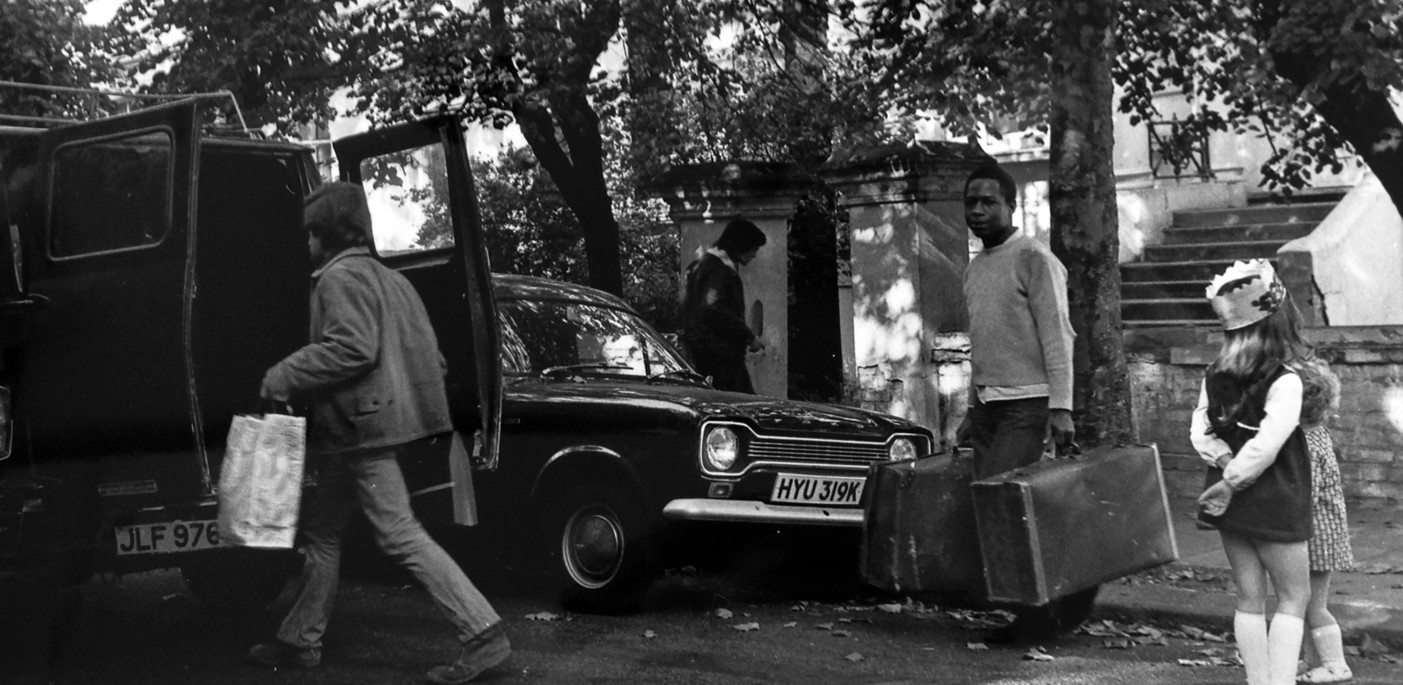
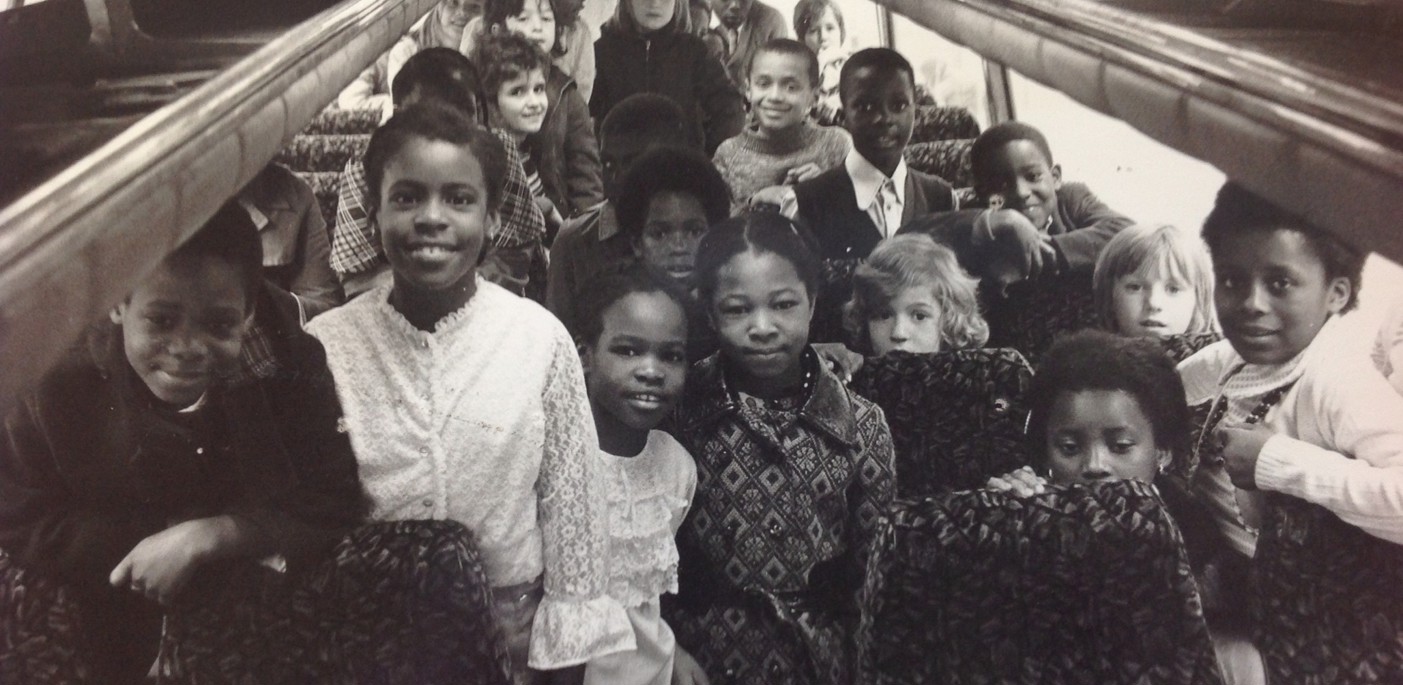
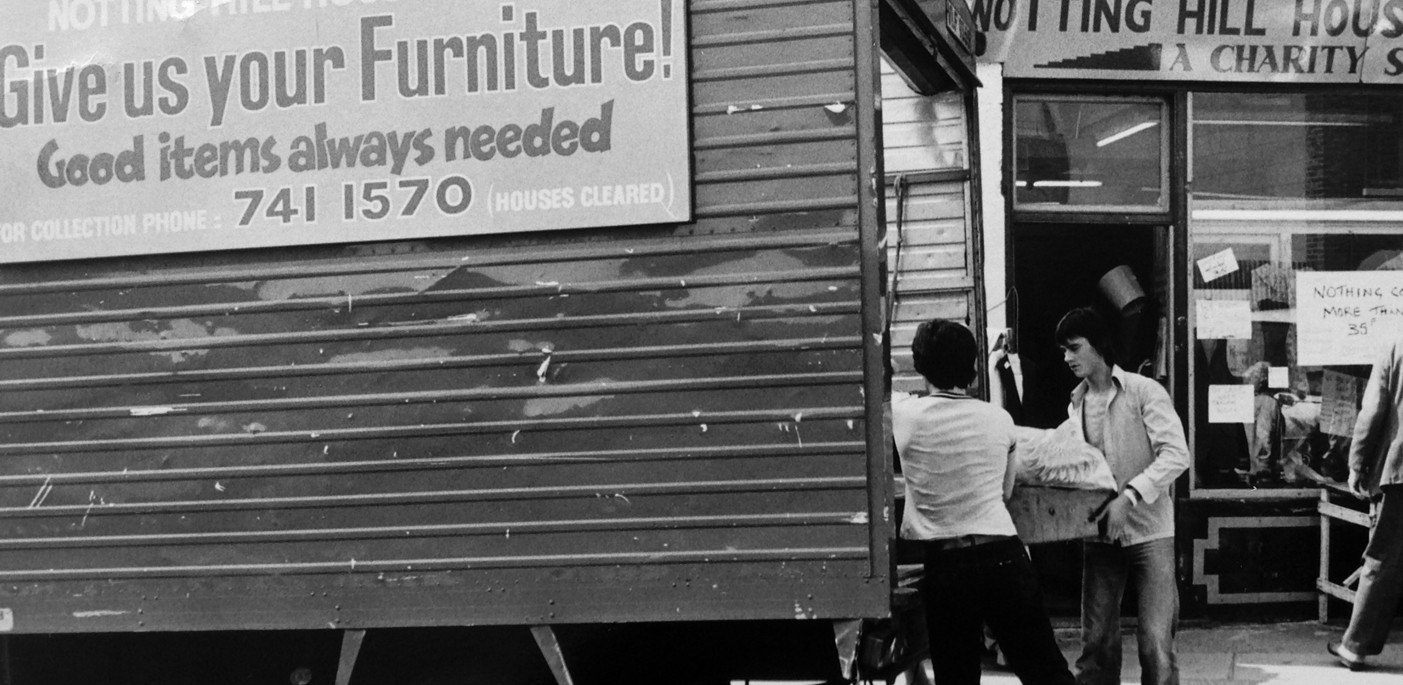
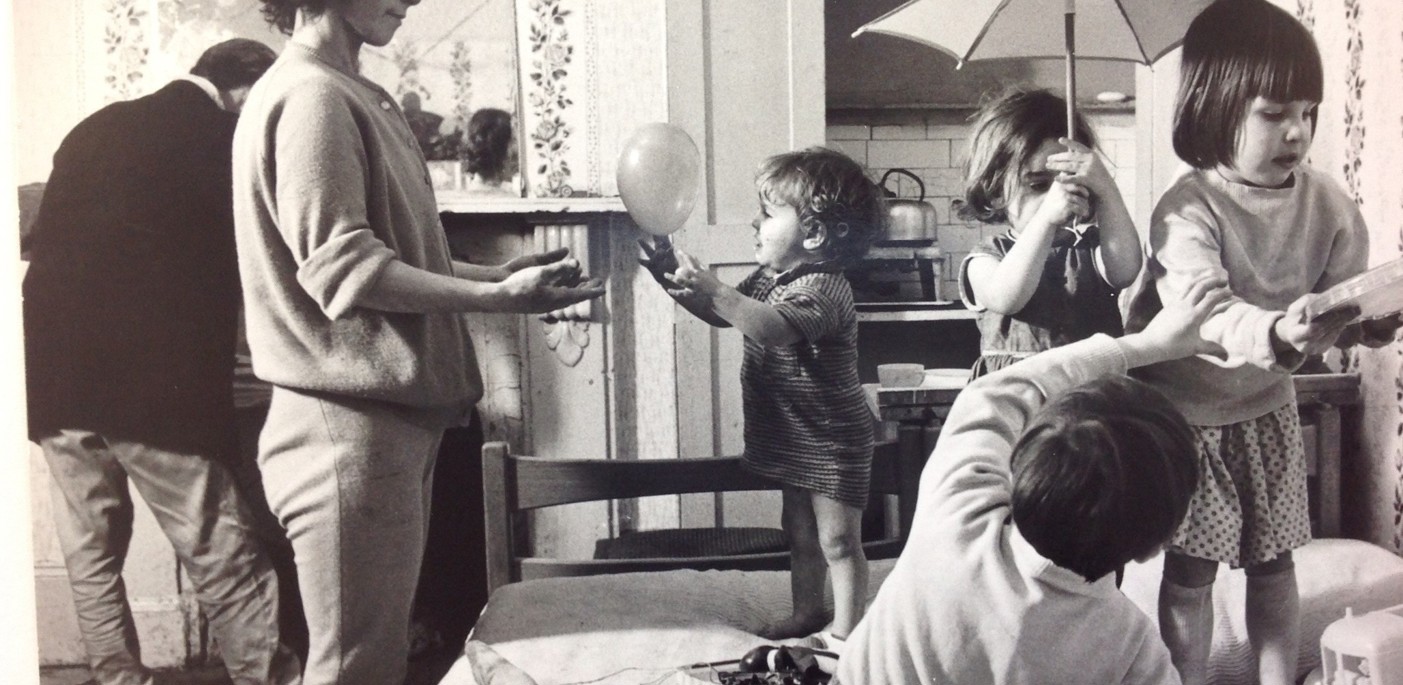
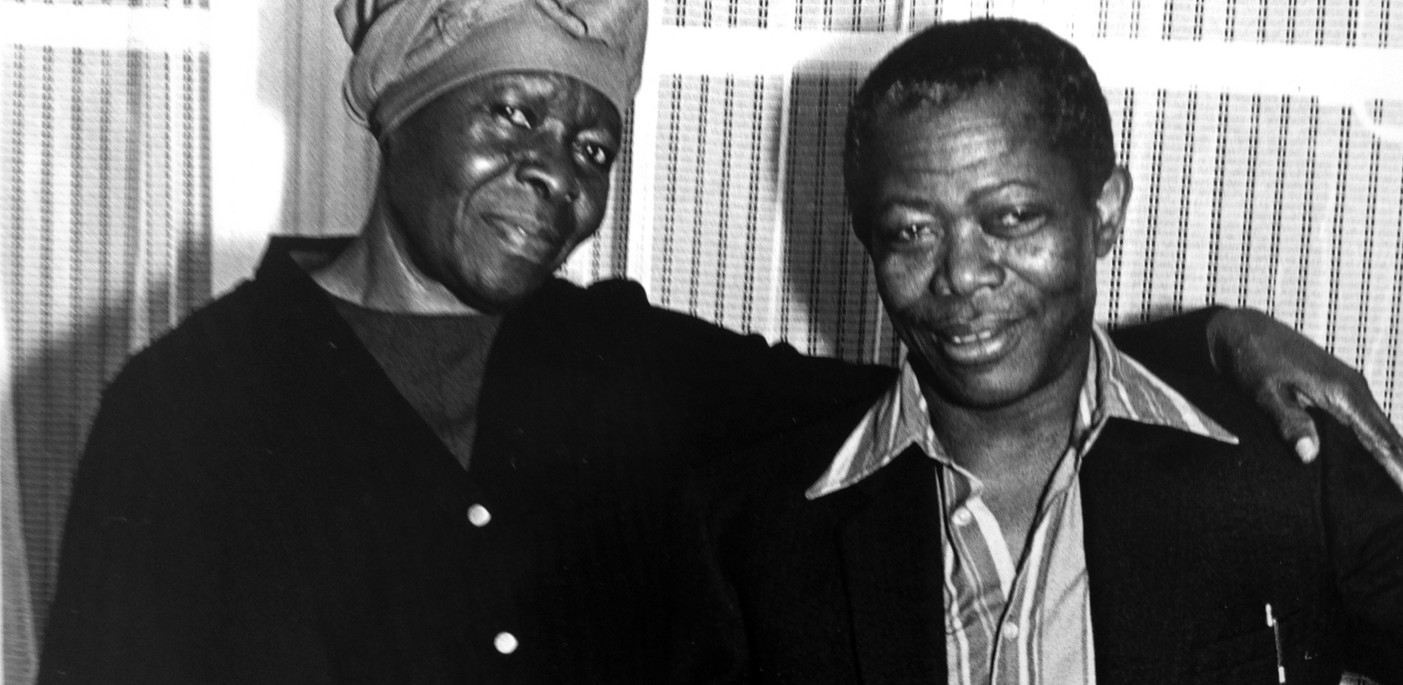
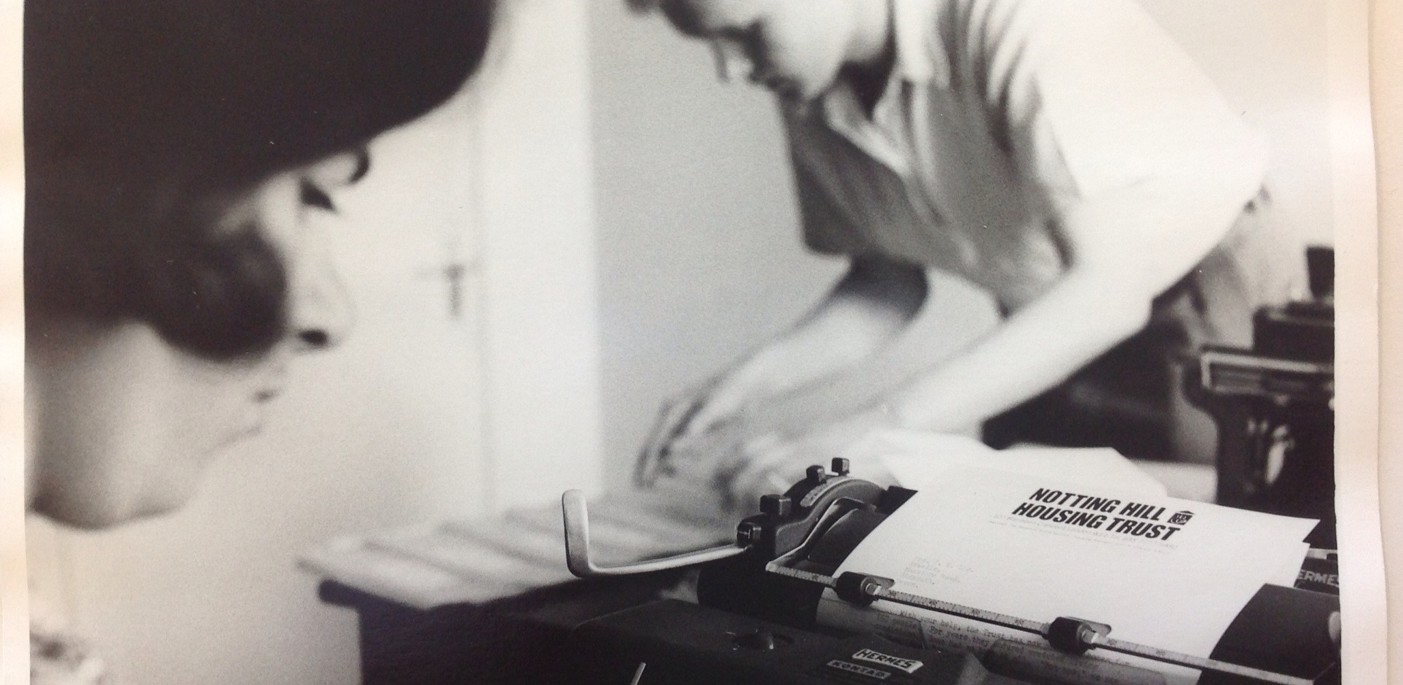
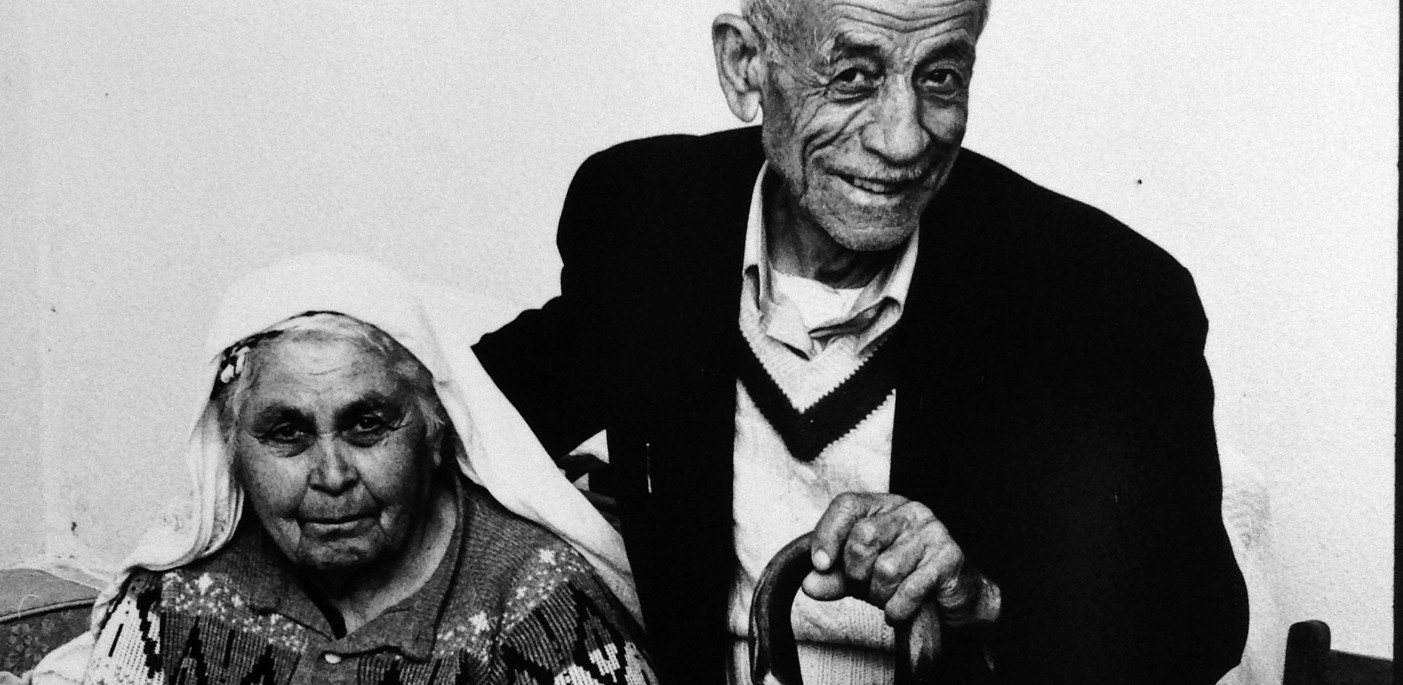
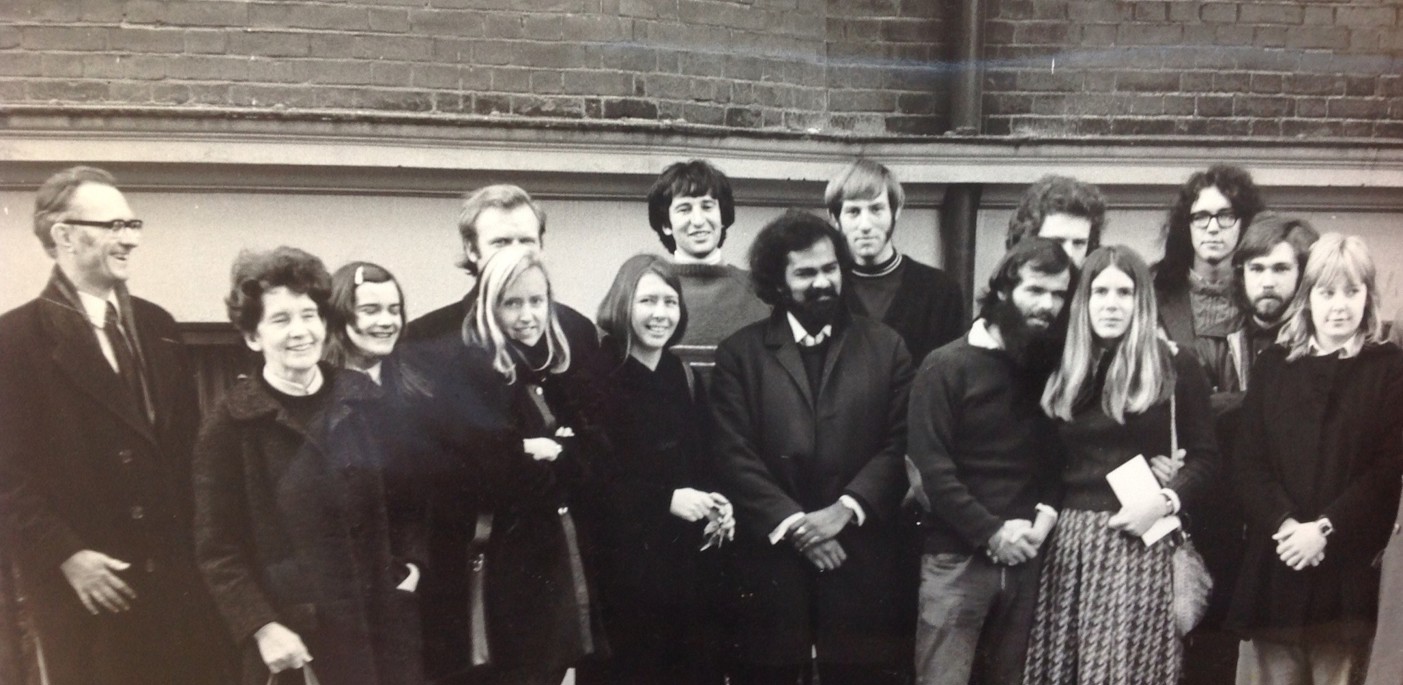
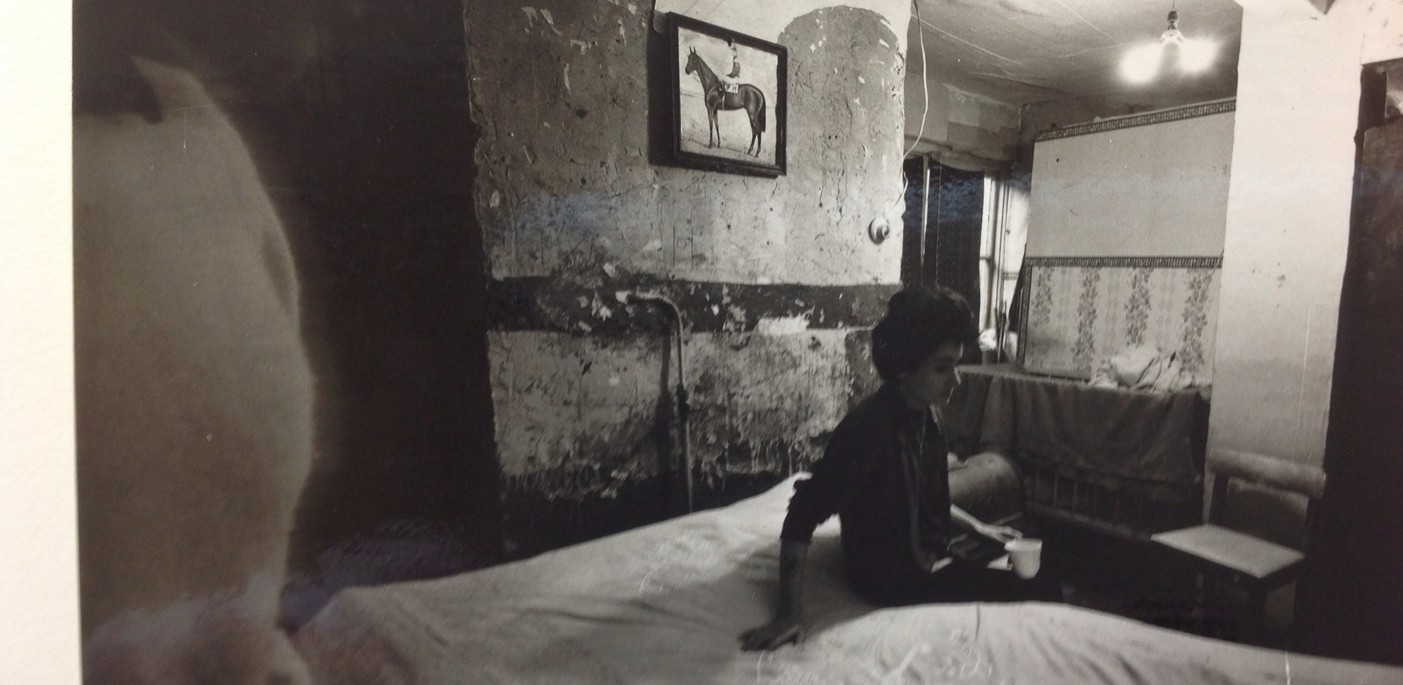
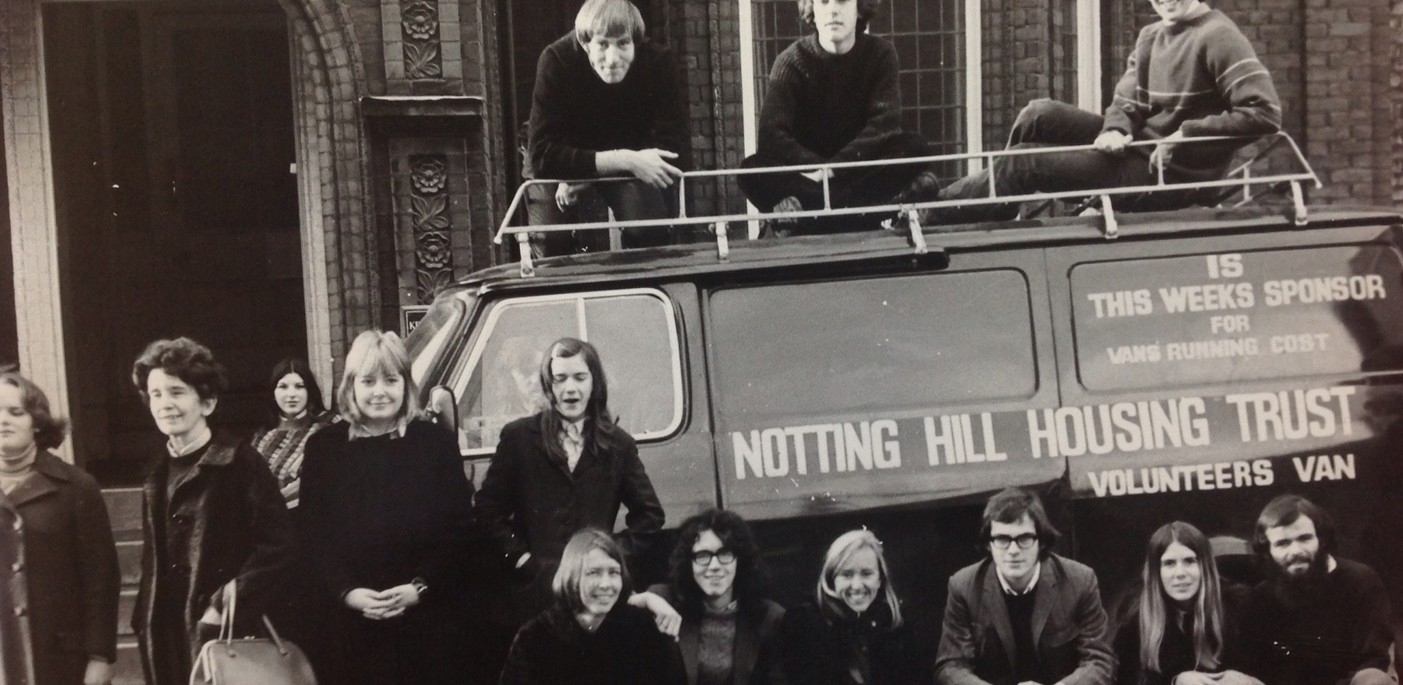

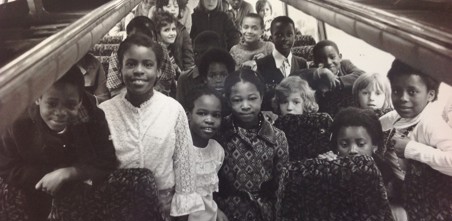
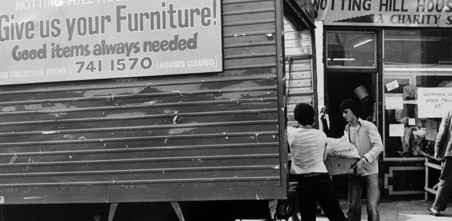
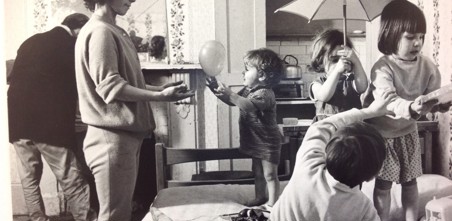
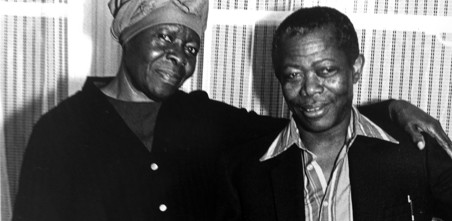
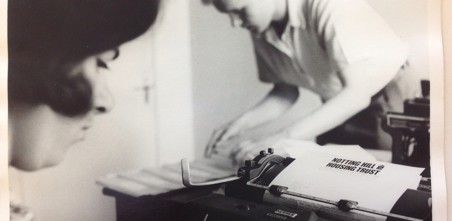

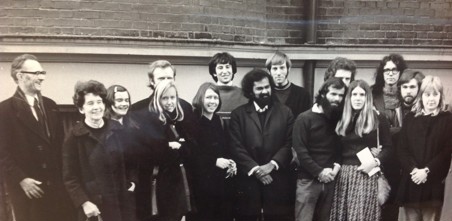
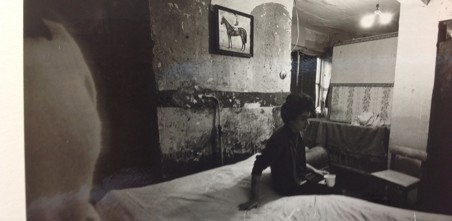
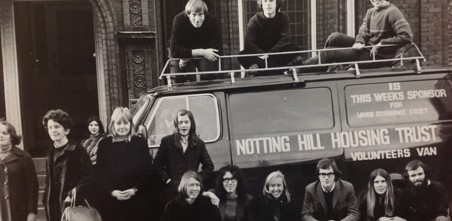
Moving home
Early days

